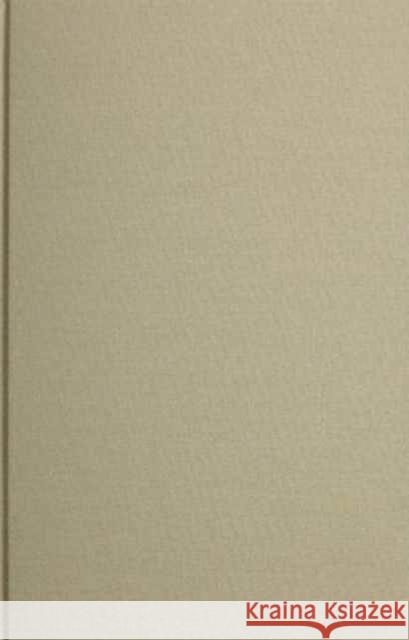Pragmatism » książka
Pragmatism
ISBN-13: 9780674697355 / Angielski / Twarda / 1975 / 360 str.
Pragmatism
ISBN-13: 9780674697355 / Angielski / Twarda / 1975 / 360 str.
(netto: 692,72 VAT: 5%)
Najniższa cena z 30 dni: 722,88
ok. 30 dni roboczych.
Darmowa dostawa!
"It is absolutely the only philosophy with no humbug in it," an exhilarated William James wrote to a friend early in 1907. And later that year, after finishing the proofs of his "little book," he wrote to his brother Henry: "I shouldn't be surprised if ten years hence it should be rated as 'epoch-making, ' for of the definitive triumph of that general way of thinking I can entertain no doubt whatever--I believe it to be something quite like the protestant reformation." Both the acclaim and outcry that greeted Pragmatism: A New Name for Some Old Ways of Thinking helped to affirm James's conviction. For it was in Pragmatism that he confronted older philosophic methods with the "pragmatic" method, demanding that ideas be tested by their relation to life and their effects in experience. James's reasoning and conclusions in Pragmatism have exerted a profound influence on philosophy in this century, and the book remains a landmark.











